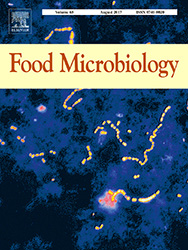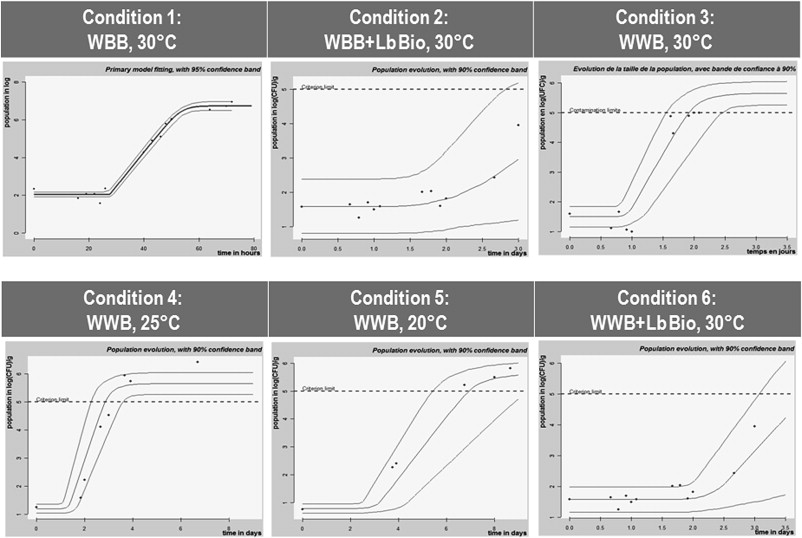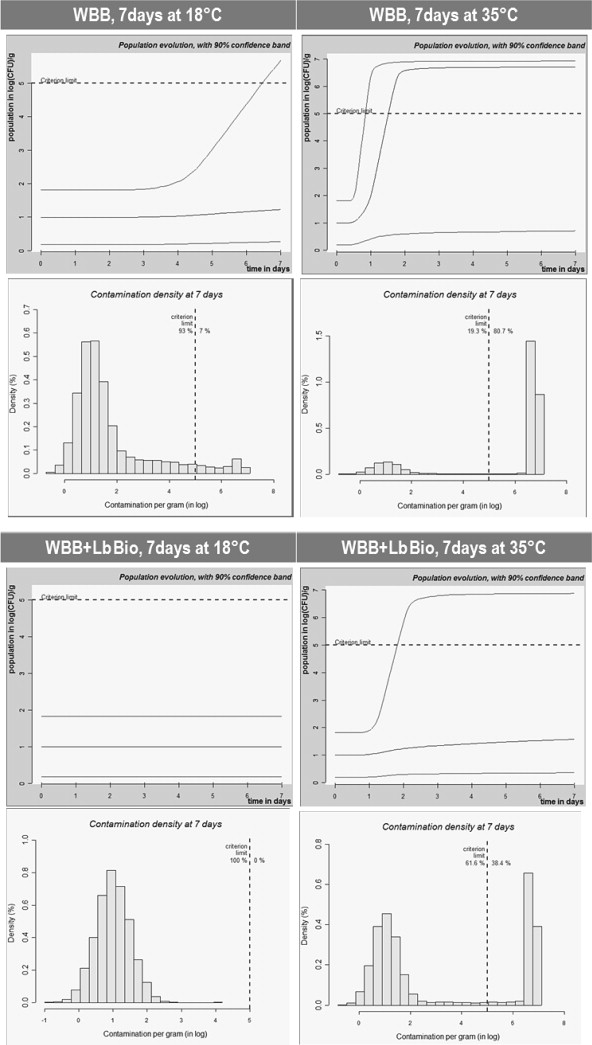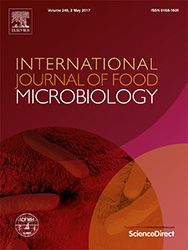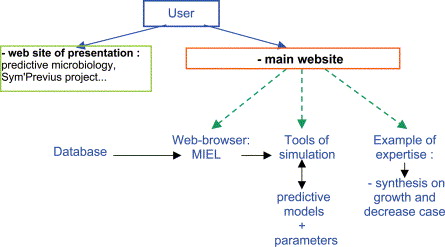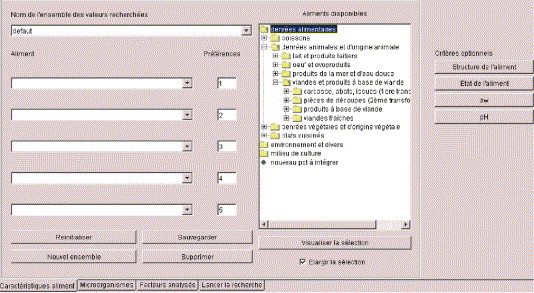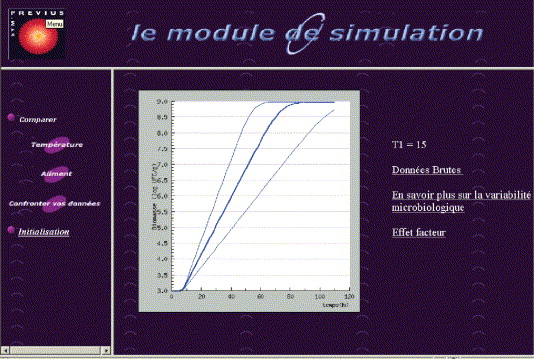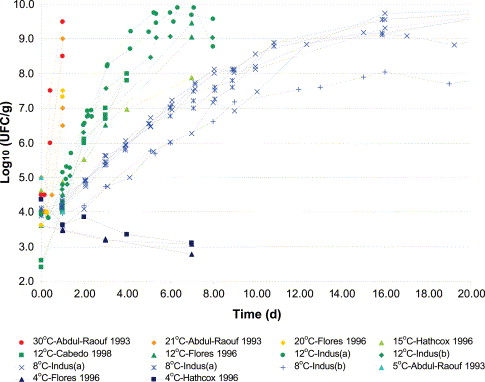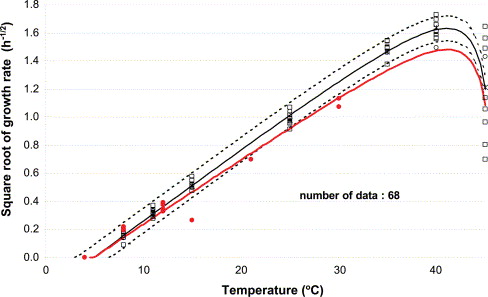The EuFooD-STA Webinar "Sym’Previus for beginners" took place Jun 14, 2017 3:00 PM CEST.
Under the general principles of the Codex Alimentarius on food hygiene, it is the responsibility of Food Business Operators (FBO) to control microbiological hazards in foods. Therefore, the FBO shall conduct studies in order to investigate compliance with the criteria, and investigate the ability of microorganisms of concern to grow or survive in the product during the shelf-life under different reasonably foreseeable storage conditions. Challenge testing and predictive microbiology are one of the recognized approaches used to validate control measures within the HACCP system, as well as to assess microbiological safety and suitability of food products, food production processes, food storage conditions, and food preparation recommendations dedicated to consumers. Based on validated and recognized mathematical models, Sym’Previus is a decision making tool which add values to challenge test and enables in silico growth, survival or inactivation prediction of microbial contaminant population in food for relevant conditions of process and storage. This generic approach may be applied to technological microflora, pathogenic or spoilage microflora. Through various examples of case study, this webinar will be composed of 3 sessions highlighting the following industrial applications:
-Identify microbial hazard & assist product formulation using different applications that quantify the impact of pH, temperature and aw on the growth ability of bacterial contaminants
-validate/assess food shelf-life and how to add value to challenge test to further predict bacterial growth in food for different shelf life scenarii.
-quantify process efficiency and determine the impact of bacterial diversity or the impact of cooling on the process efficiency. R&D case study will also be shown to underline the potentiality of the methods to quantify the bacterial destruction after exposure to chlorine, biocide, organic acid or other inactivation processes of interest.
Presenter:
Florence Postollec is project manager at ADRIA Food Technology Institute, Quimper, France. She was trained as a biochemist and obtained a PdH degree on bacterial interactions at the Faculty of Medical Sciences in Groningen, the Netherlands. She gained experience on molecular microbiology when she joined ADRIA in 2005 as a post doc working on the detection and identification of sporeformers involved in food spoilage. Within the frame of a competitive technological cluster ACTIA UMT 14.01 SPORE RISK, she is collaborating with the Mafart Team on risks associated with foodborne sporeformer contaminants along a 10 years Research & Development axis. As a project manager in food safety and quality, she is particularly active in setting up project coordination between the multiple stakeholders and results dissemination on the use of mathematical models to predict bacterial behaviour to optimize process and adjust food shelf-life.
The presenter, in collaboration with ISEKI & Elsevier, are pleased to offer you access to a selected number of articles published by the webinar presenter. Links to the articles are to be found below:
Valerio F, Di Biase M, Huchet V, Desriac N, Lonigro SL, Lavermicocca P, Sohier D, Postollec F (2015). Comparison of three Bacillus amyloliquefaciens strains growth behaviour and evaluation of the spoilage risk during bread shelf-life. Food Microbiology 45:2-9
Food Microbiology is a leading journal in food science with an Impact Factor of 3.682 © 2016 JCR. We welcome new submissions to this journal at https://www.journals.elsevier.com/food-microbiology
Leporq B, Membre JM, Dervin C, Buche P, Guyonnet JP (2005). The Sym’Previus software, a tool to support decisions to the foodstuff safety. International Journal of Food Microbiology 100 :231-237
International Journal of Food Microbiology is a leading journal in food science with an Impact Factor of 3.445 © 2016 JCR. We welcome new submissions to this journal at https://www.journals.elsevier.com/international-journal-of-food-microbiology

